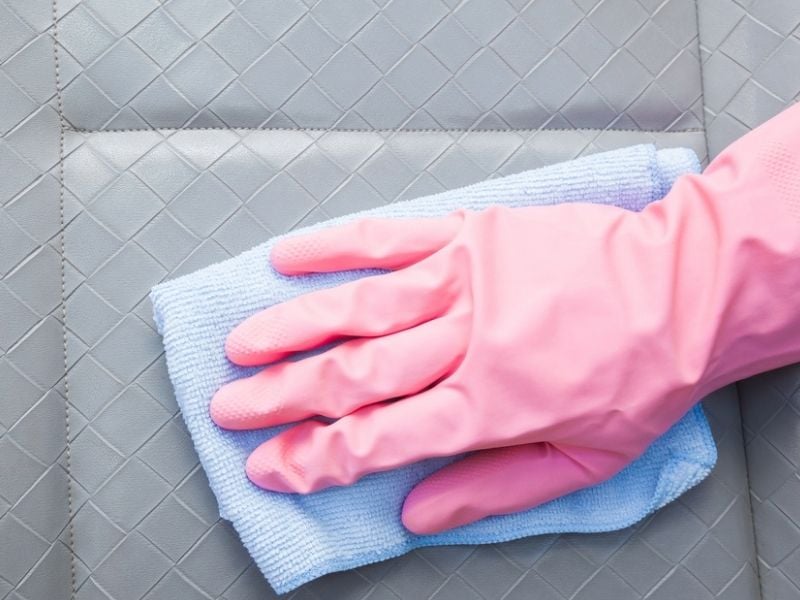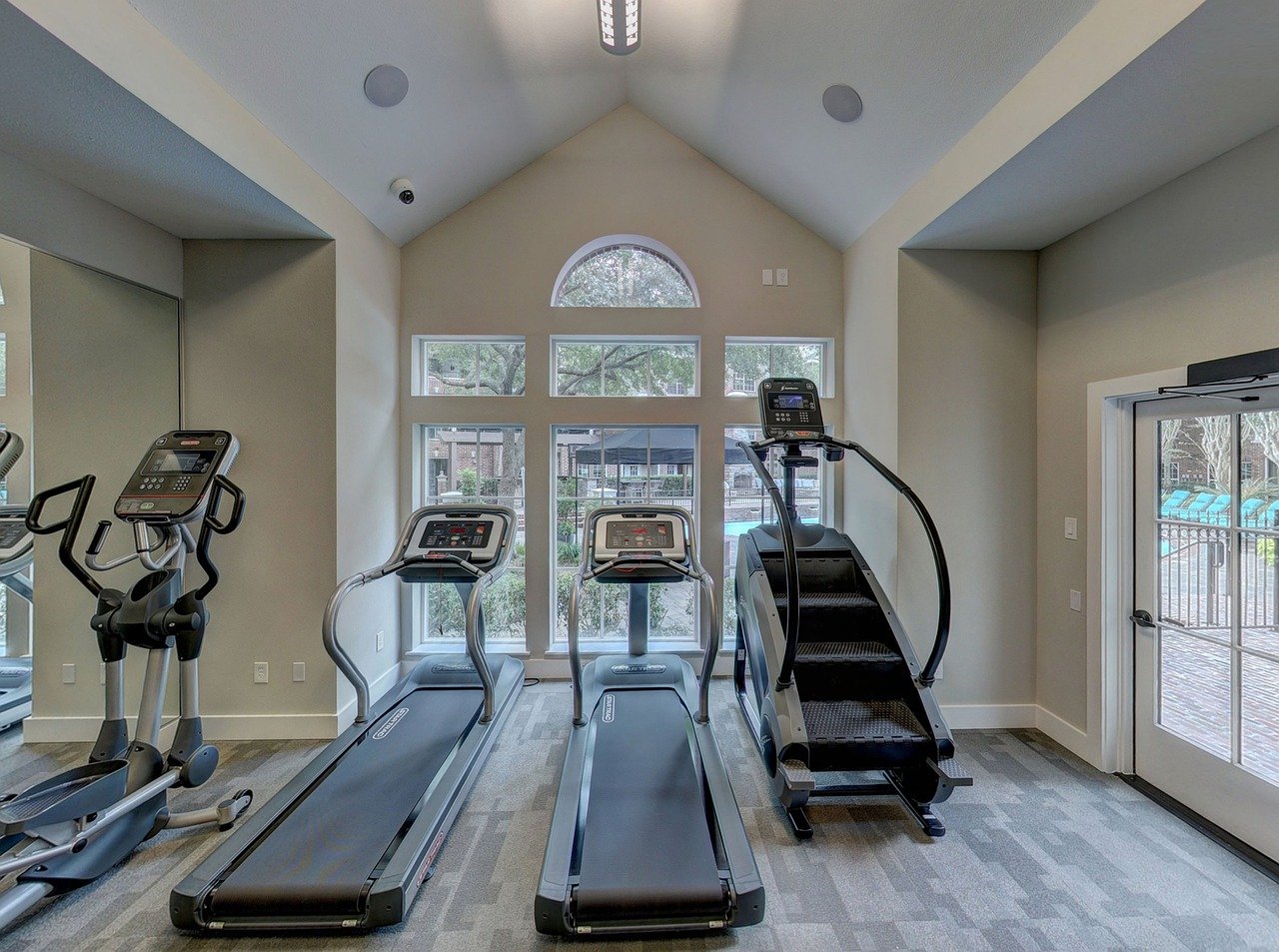When you think about truck safety on the roads, you’d traditionally think about preventing the sorts of calamities that Sacramento truck accident attorneys would need to get involved with. Nowadays, though, there are threats beyond collisions on the road to think about — like the Coronavirus pandemic.
Truckers need to know how to combat this invisible menace to keep themselves safe and prevent from spreading the virus as they go about their business. The following tips should give you some ideas on how to keep your truck cab clean and protect against the spread of COVID-19.
What The CDC Says
In an effort to help curb the spread of the virus, the Centers for Disease Control (CDC) has already official guidelines on what long-haul truck drivers need to know about COVID-19. In addition to describing the symptoms of the virus and highlighting how it is spread, they provide some actionable advice on how you can protect yourself from catching COVID yourself or spreading it to others.
First things first, you need to be aware of the points at which you’re most likely to be exposed to potential infections or pass an infection on to others.
For truckers, these are the areas where you’re interacting with other truckers, dock workers, store workers, or truck stop attendants. It is vital that you wear the proper protective gear in these situations (a cloth face covering is sufficient), maintain appropriate social distance where possible, and avoid touching your nose mouth, or eyes before thoroughly washing your hands. Additional steps you can take to limit contact with others include:
- Use radio/phone for communication whenever possible
- Limit stops by packing your own supplies
- During necessary stops, limit your time outside your truck
- Don’t shake hands
- Use paperless options for invoicing and other tasks
As for keeping COVID out of your truck cab, you’ll need to perform some thorough cleaning of the surfaces therein. Cleaning and disinfecting everything is important, but the areas you’ll want to pay the most attention to are those you touch on a routine basis, which include:
- Door handles
- Steering wheel
- Seat belt and buckle
- Arm and head rests
- Turn signal
- Wiper controls
- Radio
- Temperature Controls
- Dashboard
What To Do If You Do Get Sick
In the event that you do start displaying symptoms of COVID-19, it’s important that you limit your contact with other people and don’t return to work until you meet the necessary criteria for ending home isolation. This will help curtail the spread of the virus and help keep other people safe.




